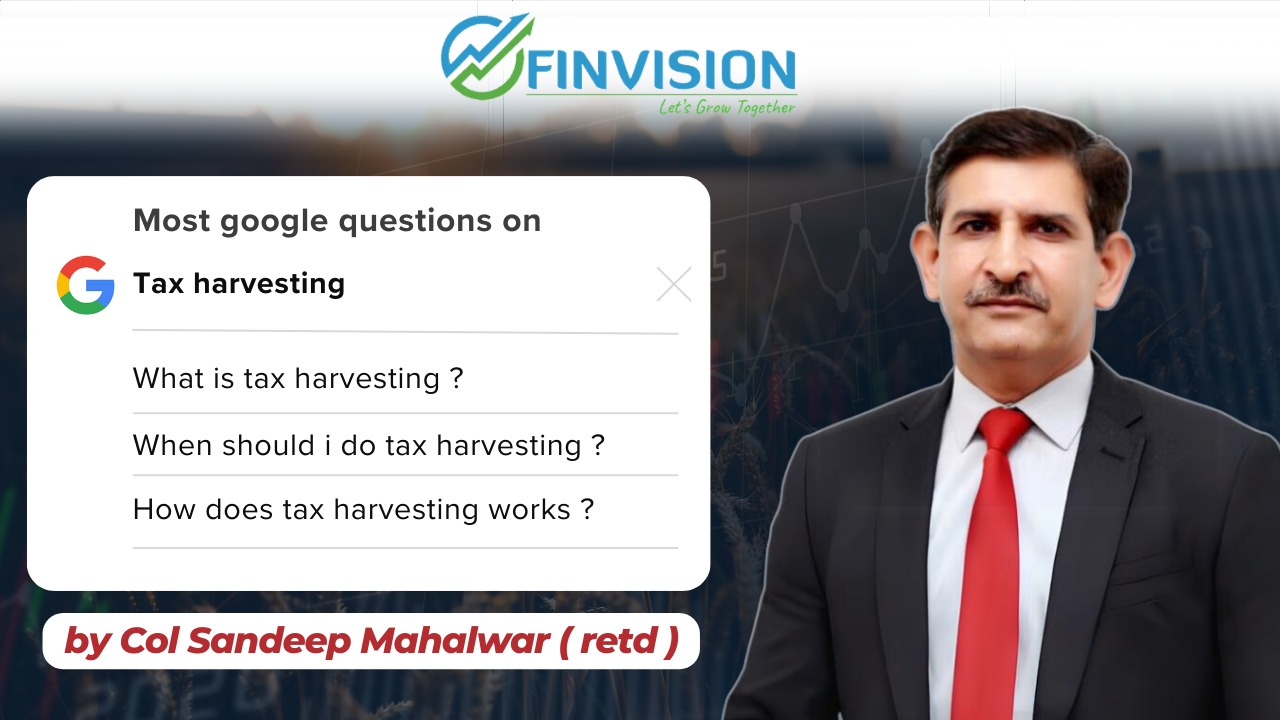

What is an ideal cover for your Term insurance policy? Sufficient to replace yourself financially and ensure the same lifestyle for your dependents. So, if your income is ₹2 lakh every month, your insurance cover should be able to replace this ₹2 lakh monthly income.
To make the calculation easier, your ideal cover must be 10–15 times your annual income + loans & liabilities.
How much insurance cover should a serving/retired Armed Forces officer have? The median income for the serving officers is approximately ₹2 lakhs per month, i.e., ₹24 lakhs per annum. Thus, the ideal insurance cover for the officers should be ₹2.4 to ₹3.6 crores [₹24 lakhs x (10 to 15)].
Officers are covered by AGIF/ NGIF/ AFGIS with an insurance of ₹1 crore and ₹10 lakhs for serving and retired, respectively. However, that is not adequate to maintain the desired life standards. Therefore, out of the ₹3.6 crores of ideal cover required, if we deduct ₹1.5 to ₹2Cr for the pension to the family and/or the Life insurance cover they get through AGIF/ NGIF/ AFGIS, officers still need a minimum additional term insurance of ₹1 to 1.5 crores.


Myth: Armed Forces personnel and warlike casualties are not covered by private life insurers.
Fact: Private insurers do provide insurance policies for serving and retired armed forces personnel. There are policies that cover all types of casualties, including those from war and warlike situations.
What’s an ideal policy duration? With a term insurance product, you keep paying your premiums until you die or the policy lapses. The expiration date is up to you to decide for how long you want to keep your policy. This choice of policy date must be made at the time of purchase because it can’t be changed afterwards. As a broad guideline, one should have insurance coverage up to 65-85 years of age.
How does a life stage benefit you? Term insurance policies are extremely rigid. You can’t change your life insurance coverage once you sign the deal. So, if you buy a policy when you’re young, your coverage might become inadequate in the future, like when you marry and have kids. Unless you had opted for a life-stage benefit, in which case, the insurer will offer you the option to increase your cover by a certain amount during major life events. It’s this sort of flexibility that you need in a good term insurance policy.
What is a waiver of premiums? A waiver of premiums might not sound like much. But if you are permanently disabled or if you are forced to quit your job because of a critical illness, this benefit could be a lifesaver.
Extra cover for accidental death? If you pay a little bit extra alongside your base premium, your family could get some extra money in the event of your accidental death. Having said that, you must never reduce your term cover just because you have some protection here.
Myth: Suicide cases are not covered under term insurance policies.
Fact: All term insurance policies cover suicide cases after one year.


How does a critical illness benefit help? Though your medical bills can be taken care of by your health insurance policy, debilitating diseases may force you to take a break from work. If you opt for a critical illness benefit, things won’t have to be that grim, and this option can replace your lost income. But remember, most policies will pay out this amount from your sum insured, so your term cover will be reduced by an equal amount.
Should you opt for a Terminal illness benefit? While this seems like a nice benefit to have, however, the likelihood of a doctor certifying a terminal illness and the insurer accepting the assessment isn’t that high. So consider this before opting for this rider.
Can you beat inflation with increasing cover? A ₹1-2 crore insurance cover may appear adequate now but can become grossly insufficient if you take inflation and future increments to your income into account. Thus, either look to buy a term policy with an increasing cover each year, or alternatively, you could simply do the calculation right now and pick a larger cover that will protect against inflation and the expected rise in your income.
Should you increase or decrease your coverage as you grow older? As you grow older, your family may no longer be as dependent on you as they once were when you were young. At this stage, you may use your insurance to create a legacy for your loved ones and leave a huge sum assured. To fulfill this requirement, you may choose the option of increasing the cover as you grow older, which is offered by a few insurers.
How long should the premium paying term be? Ideally, the premium paying term should last up until you are earning, i.e., maximum up to the age of 60-65 years for the salaried class.
For all your financial & retirement planning, investments, insurance, and tax planning needs, Contact #TeamFinvision @ 011-40044366 / 9654341212 / 7508055826.
Follow our LinkedIn page and join the Telegram group to stay updated: https://t.me/RMiB6j1HPec1ZjVl











